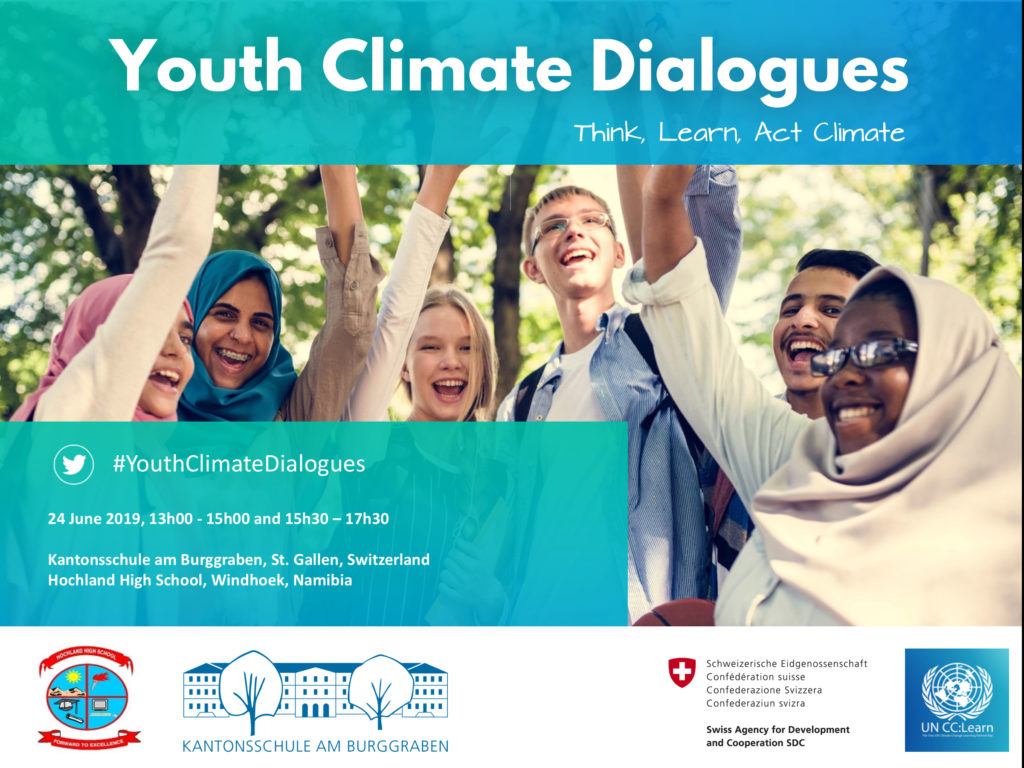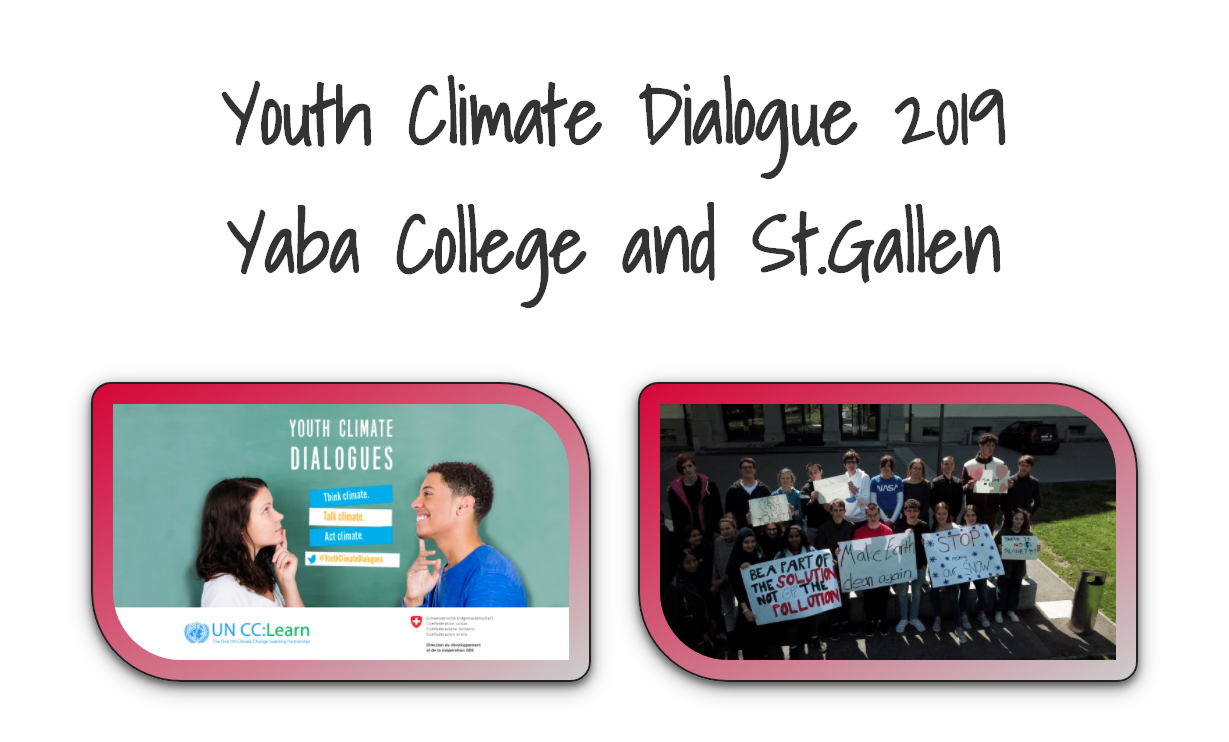This page highlights the most recent Youth Climate Dialogues. To check the past editions, please access here.
Bwaila Secondary School, Lilongwe, Malawi, and Lycée International de Ferney-Voltaire, Ferney-Voltaire, France
In celebration of World Children’s Day, a dialogue was held between students from the Bwaila Secondary School in Lilongwe, Malawi and the Lycée International de Ferney-Voltaire in Ferney-Voltaire, France. It focused especially on the Sustainable Development Goals (SDGs), particularly SDG13 “Climate Action”, SDG 7 “Affordable and Clean Energy” and SDG 11 “Sustainable Cities and Communities”.
View a photo gallery on Flickr.
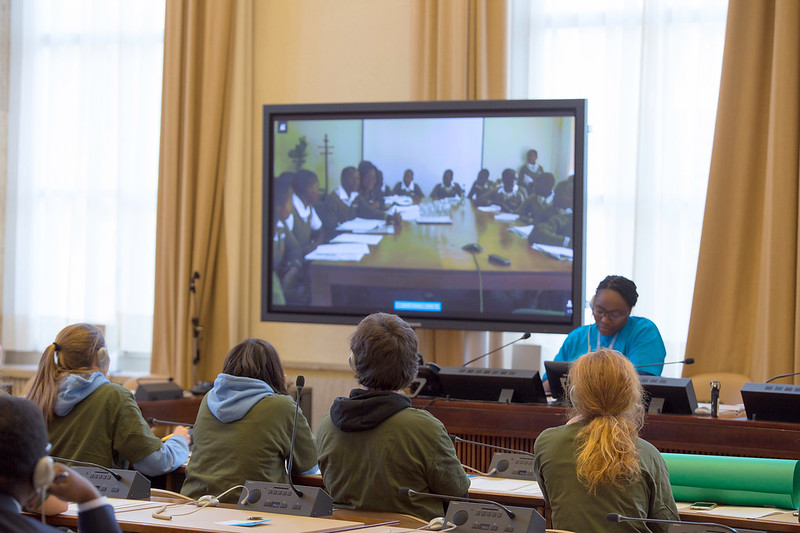
National University of Mongolia, the University of Commerce and Business, the MB Park and GAIN, Ulaanbaatar, Mongolia, and Lund University, Lund, Sweden
Organized with the Partnership for Action on Green Economy (PAGE) which promotes green development issues in higher education in Mongolia, this dialogue brought together university students. They discussed the environmental issues that both countries face, as well student initiatives aiming to advancing green and sustainable development.
Read more about this dialogue here.
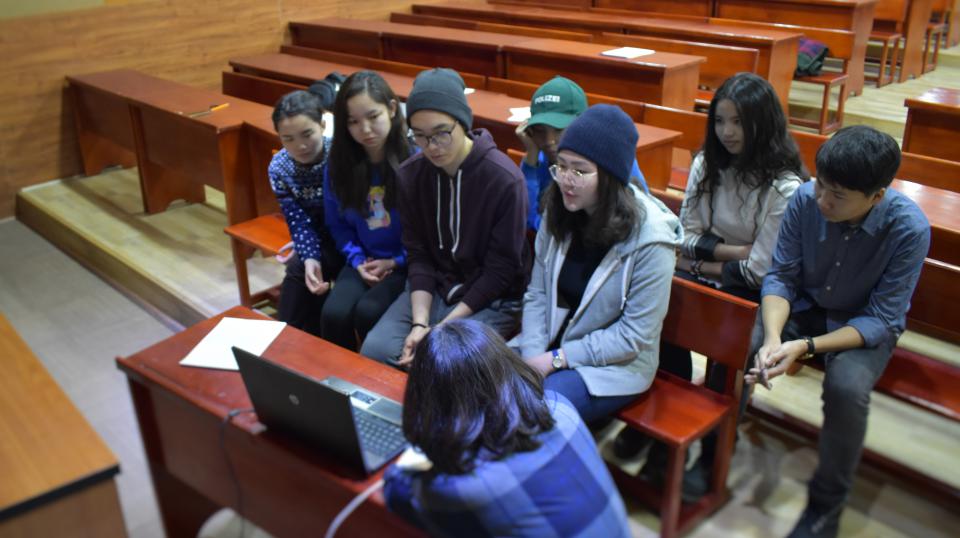
Unidad Educativa Nuestra Señora del Pilar, Cochabamba, Bolivia, and Lycée en Forêt, Montargis, France
The students discussed their perceptions of climate change, how it affects them in their daily lives, and what measures they considered more important to fight climate change impacts.
Both groups were able to understand how their peers on the other side of the world are affected by climate change, and how they can all take action to tackle it.
View short videos (in Spanish): YouTube Video 1 and YouTube Video 2.
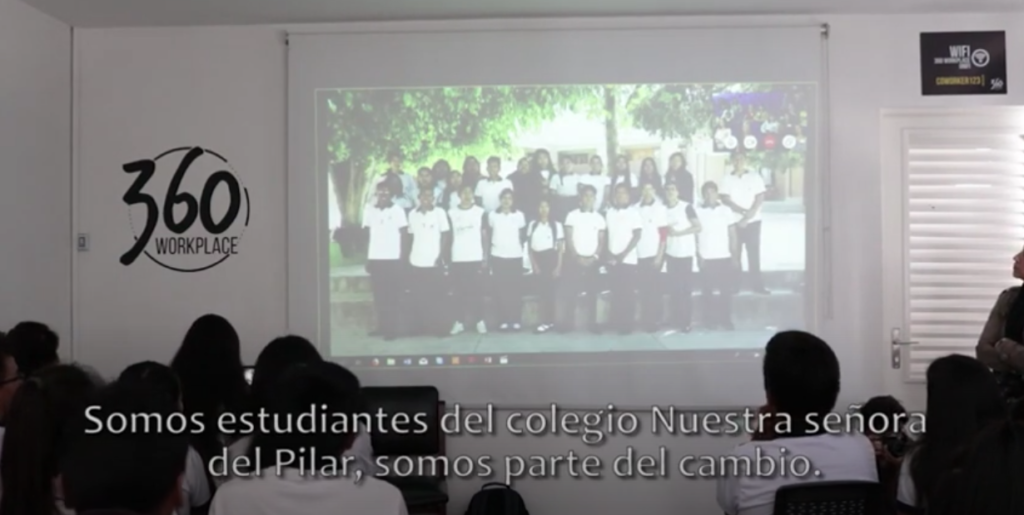
Media Network on Child Rights and Development, Lusaka, Zambia, and Lycée International de Ferney-Voltaire, Ferney-Voltaire, France
These secondary school students discussed how climate change affects their countries and what young people can do to make a difference. French students told their counterparts about the French Carbon Tax and the way in which climate change has affected snowfall. Zambian students briefed the French students on how young people in Zambia regard climate change and how communities are getting involved in the fight against it.
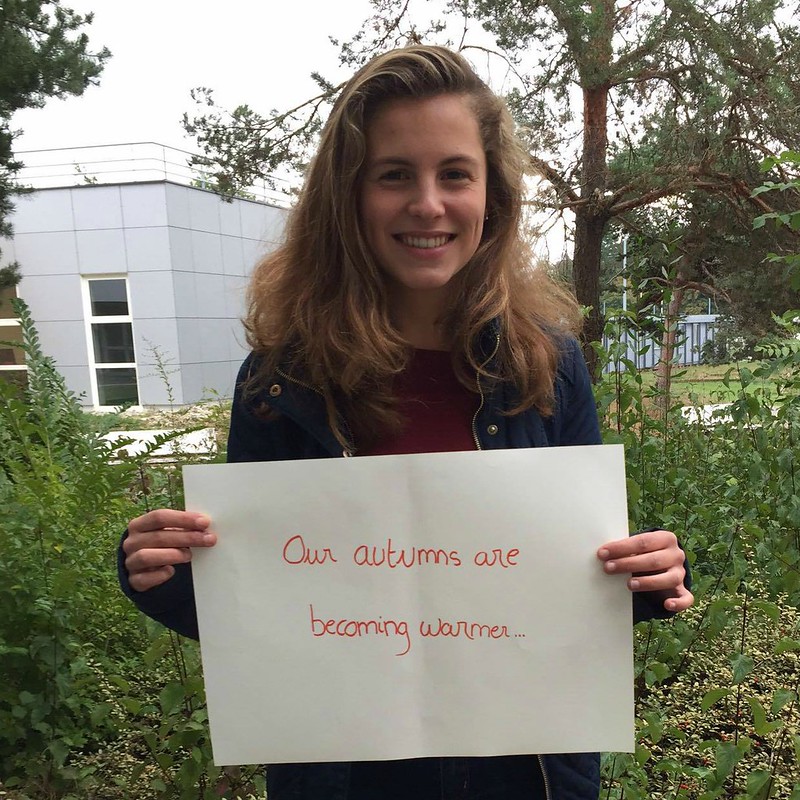
Yaba College of Technology, Lagos, Nigeria, and Kantonsschule am Burggraben, St. Gallen, Switzerland
This dialogue brought together 91 students, who shared perspectives and used photos, videos, and stories documenting their daily lives with their phones. The Swiss students created a website to introduce themselves and key climate-related issues in their school and community. Students in Nigeria discussed pollution in Lagos and artist activism and advocacy for environmental causes.
View the Swiss students’ website.
University of Zambia, Lusaka, Zambia and Zhejiang University, Hangzhou, China
The students discussed the different ways in which their countries are affected by climate change, and how each country is dealing with these impacts. The Zambian students discussed the impacts of climate change in Zambia and the role of education and young people in combatting climate change. The Chinese students described impacts in China, such as coral bleaching, natural disasters, high temperatures and rainstorms and floods.
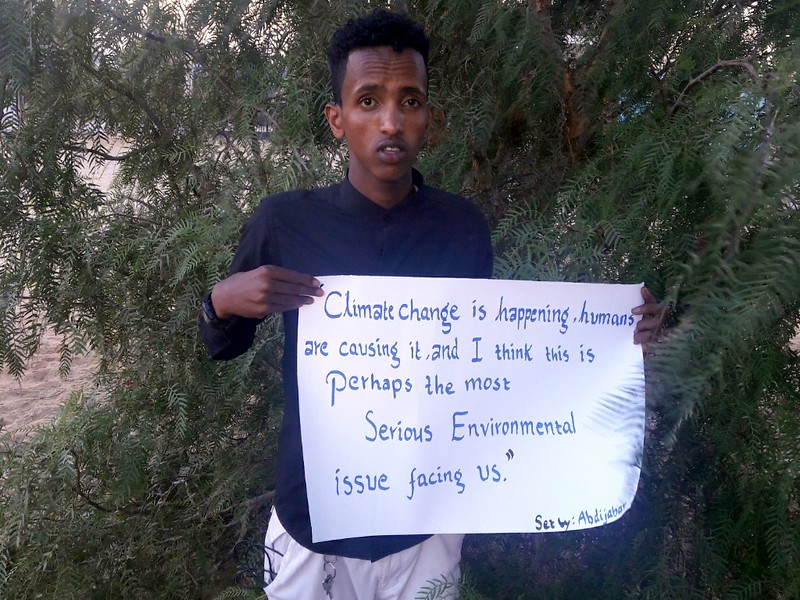
Media Network on Child Rights and Development, Lusaka, Zambia, and Kantonsschule am Burggraben, St. Gallen, Switzerland
This dialogue’s participants discussed how, despite being thousands of kilometers apart, they agree about the uncertain future they face due to climate change. Swiss students discussed what glaciers mean for Swiss people, food waste and the climate strike movement. One of the Zambian students, wrote an article on the experience after the dialogue, The adverse impact of climate change on children.
View the Swiss students’ presentations on their website.
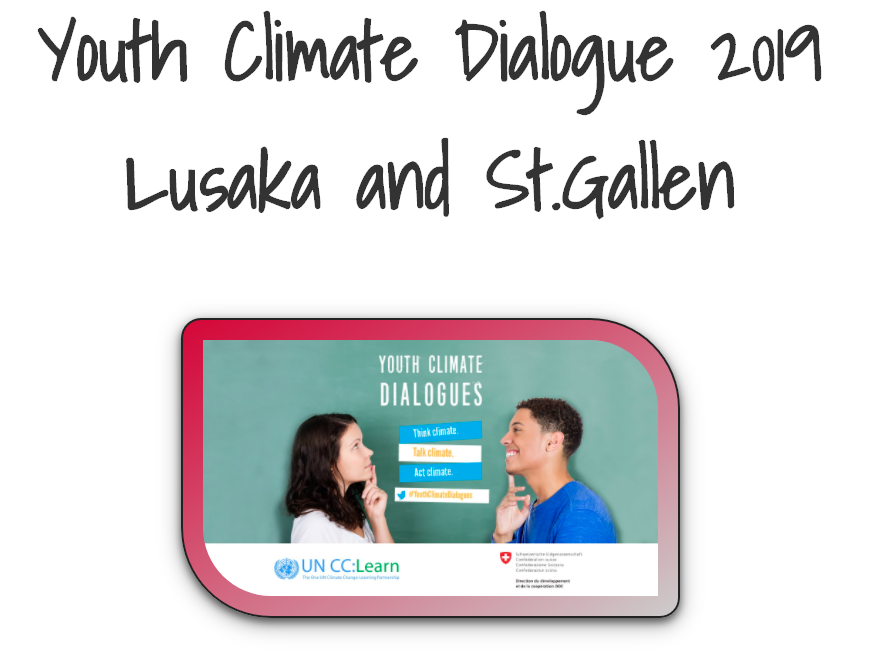
Hochland High School, Windhoek, Namibia, and Kantonsschule am Burggraben, St. Gallen, Switzerland
In this dialogue, Namibian students share how climate change is experienced in Namibia. They discussed droughts, desertification and deforestation, poaching and tourism, and the difficulties that many communities have to earn livelihoods. Swiss students briefed their peers on their climate concerns, for example, glaciers melting, how higher temperatures are affecting agriculture and the loss of biodiversity.
